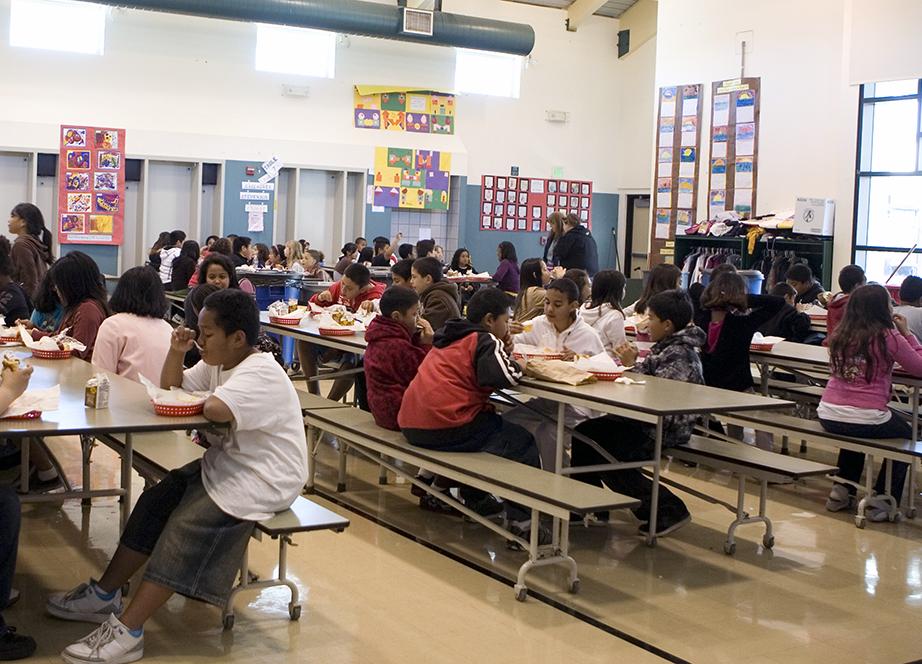Wellness policies outline how school districts set nutrition standards for on-campus foods and beverages; define guidelines for students’ physical activity; limit marketing of unhealthy products in schools; and recommend other school-based activities that promote student wellness. These policies can also address other aspects of student health, such as bullying and safe routes to school. School wellness policies can help improve health equity for an entire community.
Because students spend such a large part of their waking lives on campus, schools play a crucial role in promoting student health and fostering lifelong healthy habits for children. Since 2006, local school districts and educational agencies that receive federal funding as part of the National School Lunch Program or School Breakfast Program have been required to adopt a school wellness policy. Federal law further modified wellness policy requirements in 2010, 2014, and 2016. Federal law also requires that students and communities be involved in the development and implementation of these policies.
ChangeLab Solutions has created resources to help school districts comply with wellness policy requirements and promote student health. We have also created introductory trainings on school wellness policies for partners, funders, and clients. Other tools in this collection are for parents and community advocates who want to make sure that schools are properly enacting and enforcing their wellness policies.
Get started with the tools we've highlighted below, and learn more about all our areas of work. Contact us to learn about additional school wellness resources that are not online.



